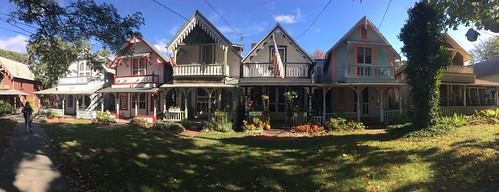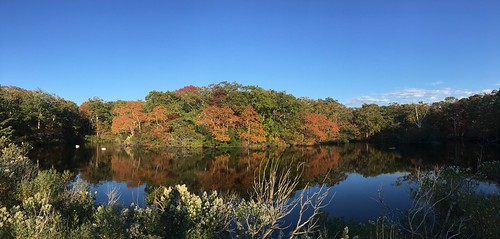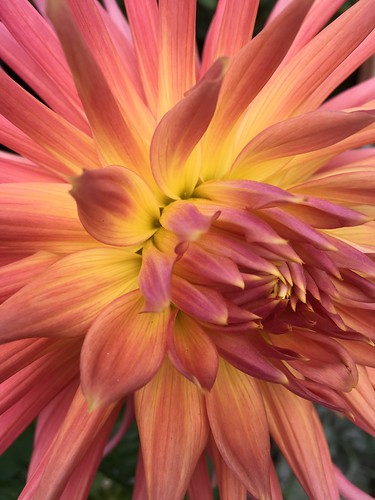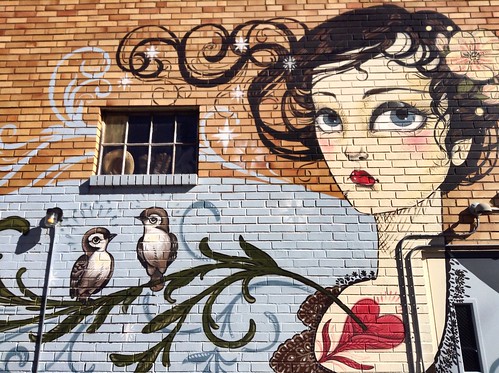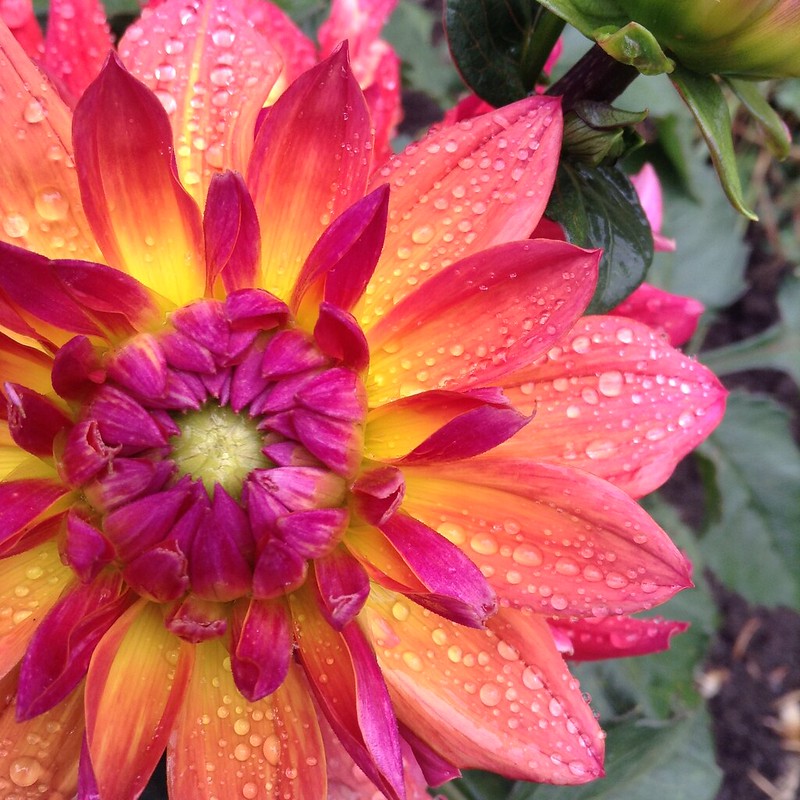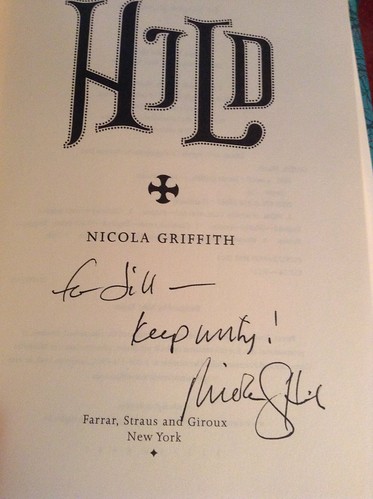Several friends have asked me about my experience at Viable Paradise. I wanted to write up something while the experience was still fresh.
I first found out about VP from my friend Camille Griep. I had been looking for my writing people for a long time when I finally found Camille. She told me about the workshop, and then over the next few years I met more people who had also attended Viable Paradise. All of them, to a person, were kind and supportive and encouraging. If they had egos, I couldn’t tell. This, more than anything, was a huge selling point for me. I have been working very hard to cultivate people who are focused on their own passions and who support and encourage others to do so. That is the sign of a healthy community in my book.
I sent in my application two days before the deadline and found out I got in two weeks later. I was so used to rejections I made my girlfriend read the email out loud. Maybe something about writing could be easy.
Thanks to the magic that is The Internet, I got to connect with several of my fellow workshop participants before I arrived on Martha’s Vineyard, not to mention meeting two in person, one who also lives in Seattle.
I arrived on Martha’s Vineyard the day before the workshop was scheduled. The weather was delightful and my roommate turned out to be amazing. We got to explore the tiny Victorian houses and get to know one another, learning among other things that despite our two-decade age difference, we both love They Might Be Giants and Queen. Even if everyone at the workshop wasn’t my people, I had at least added another one to my network of support.
The structure of the workshop is fairly straightforward. Participants spend the first three days critiquing works they submitted for their application and receiving feedback. There are lectures and other activities to supplement the learning. The students spanned four decades in age and came from as close as Martha’s Vineyard and as far as Hawaii. Other years have seen international students.
And to my relief and gratitude, the experience I had at Viable Paradise exceeded my expectations. Everyone – staff, instructors, and fellow participants – were kind and generous. I was impressed by the level of self-awareness people had, how much work everyone did, and how we all cheered for one another. If someone needed to be alone, they could do so. When I wanted company, likewise, I could easily find someone to hang out with.
One thing that was really impressive to me was the harassment policy. Several times I saw staff say they felt uncomfortable and the person crossing the line reeled it back. I think I’m so used to just feeling uncomfortable at times that it hadn’t even occurred to me I could say something. This created an environment that felt incredibly supportive to me. No one had to guess when they were crossing the line, but at the same time, people did make an attempt to be respectful.
Each person I talked to, I found an affinity with – whether it was tea, octopi, librarianship, or a story someone had been looking for for years (hi Val!), we had so many intersections and overlaps I found myself agog. And thanks to the internet, we get to continue our connection as we go forward.
Aside from the community, I got very helpful feedback on my work, and as soon as I figure out how to revise my story to incorporate the feedback, I will be sending it back out for another round before I start sending it out to paying markets.
In conclusion, I crossed over water and spent a week on an island where I simmered in liminal time. When crossed back over, I felt a subtle shift. I have been told there are things I learned in that week that won’t make sense for years. I believe it. In the meantime, I will continue to apply myself to my writing. And if you have been looking for a workshop, I encourage you to apply to Viable Paradise. What do you have to lose?


